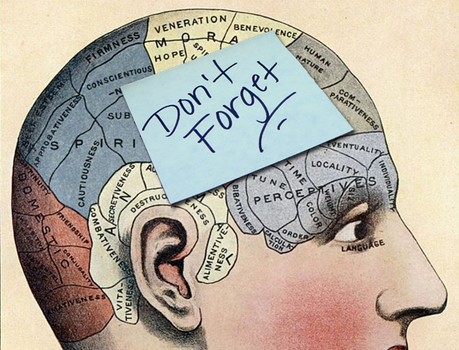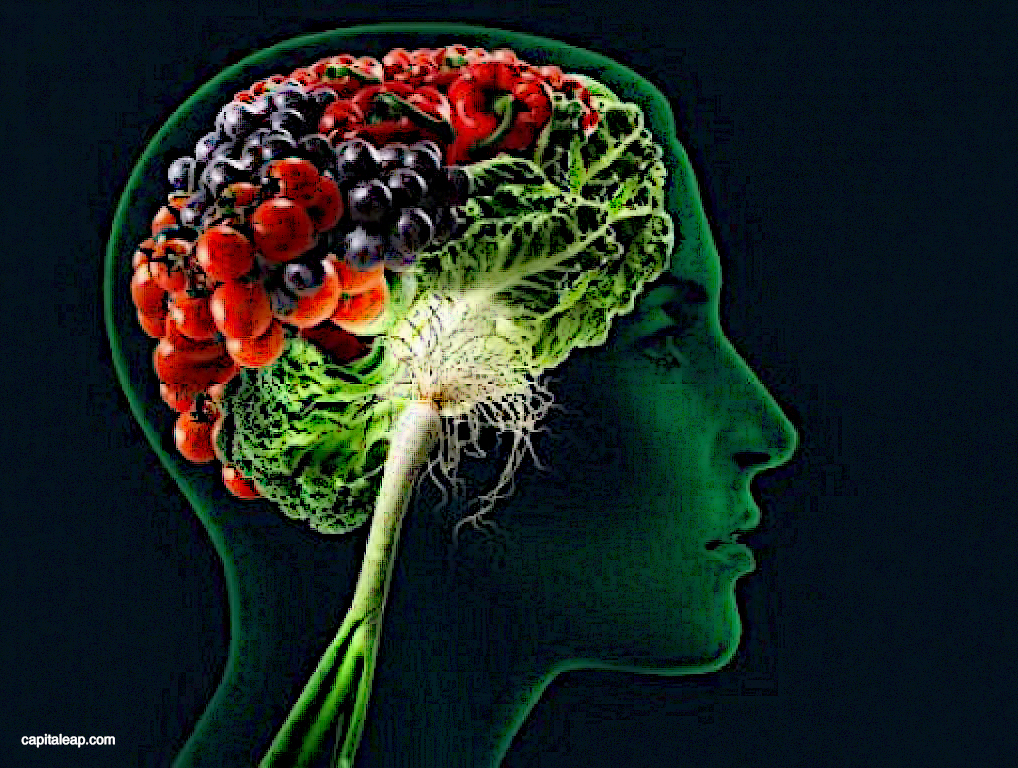New Study: Reversal of Memory Loss for Alzheimer’s Patients
According to the Alzheimer’s Foundation of America, Alzheimer’s disease is a progressive, degenerative disorder that attacks the brain’s nerve cells (neurons), which results in loss of memory, thinking and language skills, and behavioral changes. Affecting more than a million Americans, this debilitating disease has scientists …





